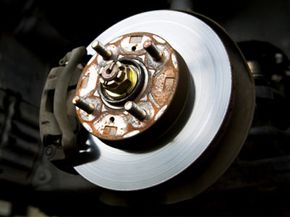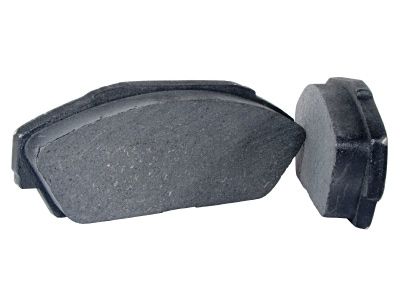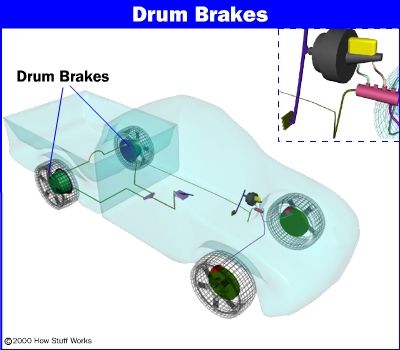The car starts and the car stops. As drivers, we need both of these features as much as we need to breathe in and out. If you've ever been in a vehicle that did not stop, you know the sheer terror that brake failure can cause. Whether your vehicle is equipped with disc or drum brakes, you expect them to work when you hit the brake pedal.
Brakes can't talk — or can they? If you're not distracted by chatter or music, you might hear your brakes trying to tell you when something's wrong. Brakes have their own language; they squeal, click, squeak and grind. You need to listen carefully to their noises rather than ignore them and hope the sounds will magically disappear.
Advertisement
The easiest way you can avoid brake failure is by maintaining the vehicle regularly and being attentive to any changes in performance. Because a vehicle's brake system involves many components along the entire length of the vehicle, any number of things can go wrong. Calipers, drums and brake pads, oh my!
Let's say that despite your attentive care of the vehicle, the brakes begin to fail. What dangers might you and your passengers face, and how can you prepare for them? What will you do if you are towing a boat or trailer and experience brake failure? How can a runaway truck ramp help if your brakes stop working? In this article, we'll investigate the answers to these questions, explaining everything you need to know along the way.
First, let's stop a minute to examine how brakes work and what causes them to fail.


